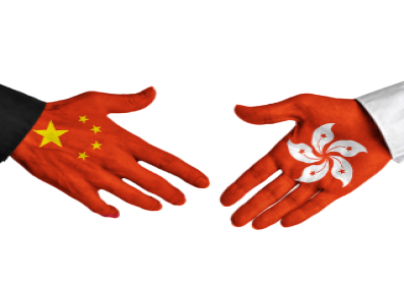世界知识产权组织(WIPO)周二称,中国2019年成为世界上国际专利申请最多的国家,将美国挤下自从40多年前该全球体系建立以来就一直稳坐的头把交椅。
WIPO称,去年中国提交了58,990项专利申请,超过美国提交的57,840项。
该机构称,中国的数字在短短20年内增长了200倍。自从《专利合作条约》1978年生效以来,美国曾每年都是提交专利申请最多的国家。
现在超过一半(52.4%)的专利申请来自亚洲。日本排名第三,之后是德国和韩国。
专利拥有情况被普遍视为反映一国经济实力和工业技能的一个重要指标。
WIPO总干事高锐(Francis Gurry)在一个记者会上表示,中国的成功“归功于中国领导层制定非常细致的策略,以鼓励创新并让中国的经济运行在一个更高的价值水平。”
“这项策略正在奏效,而知识产权当然是策略的一部分。我会把它归因于为实现更高价值经济而采取的广泛行动,”他说。
根据WIPO数据,中国的华为连续第三年成为专利申请量最高的企业。
In a first, China knocks U.S. from top spot in global patent race
China was the biggest source of applications for international patents in the world last year, pushing the United States out of the top spot it has held since the global system was set up more than 40 years ago, the U.N. patent agency said on Tuesday.
The World Intellectual Property Organization, which oversees a system for countries to share recognition of patents, said 58,990 applications were filed from China last year, beating out the United States which filed 57,840.
China’s figure was a 200-fold increase in just 20 years, it said. The United States had filed the most applications in the world every year since the Patent Cooperation Treaty system was set up in 1978.
More than half of patent applications - 52.4 % - now come from Asia, with Japan ranking third, followed by Germany and South Korea.
Ownership of patents is widely seen as an important sign of a country’s economic strength and industrial know-how.
WIPO’s head, Francis Gurry, told a news conference China’s success was “down to a very deliberate strategy on the part of Chinese leadership to advance innovation and to make the country a country whose economy operates at a higher level of value.
“It is working, and intellectual property is certainly part of that strategy. I would put it down to that broad movement towards becoming a higher-value economy,” he said.
According to the WIPO data, China’s Huawei Technologies, the world’s biggest maker of telecoms equipment, was the top corporate patent filer for the third consecutive year.
The United States has called on countries to ban Huawei equipment from new mobile phone networks, arguing that its technology could be used by China for spying. Huawei denies that its technology poses a security risk.
Asked to what extent China’s lead was due to state subsidies, Gurry said: “It’s a model which does use state subsidies to a greater extent perhaps than Western economies might typically use state subsidies. So yes it certainly plays role.
“But I think it is very interesting to compare the United States of America as one example of the high performing economy, that has been top of innovation for a long time, a completely different model than what is happening in China.
“The jury is still out...perhaps both are successful.”


